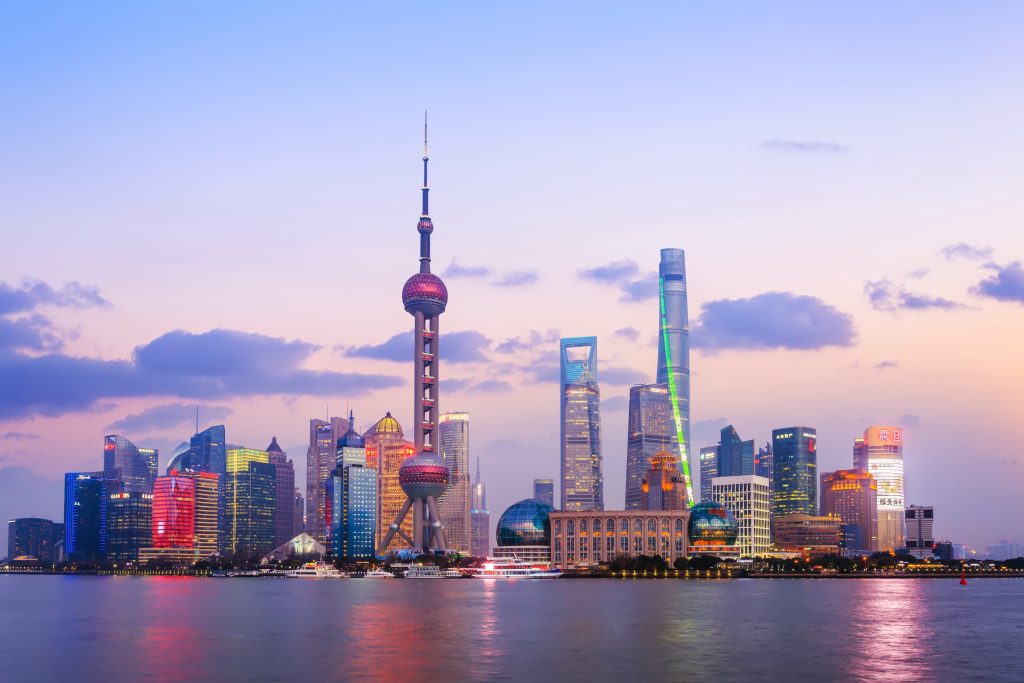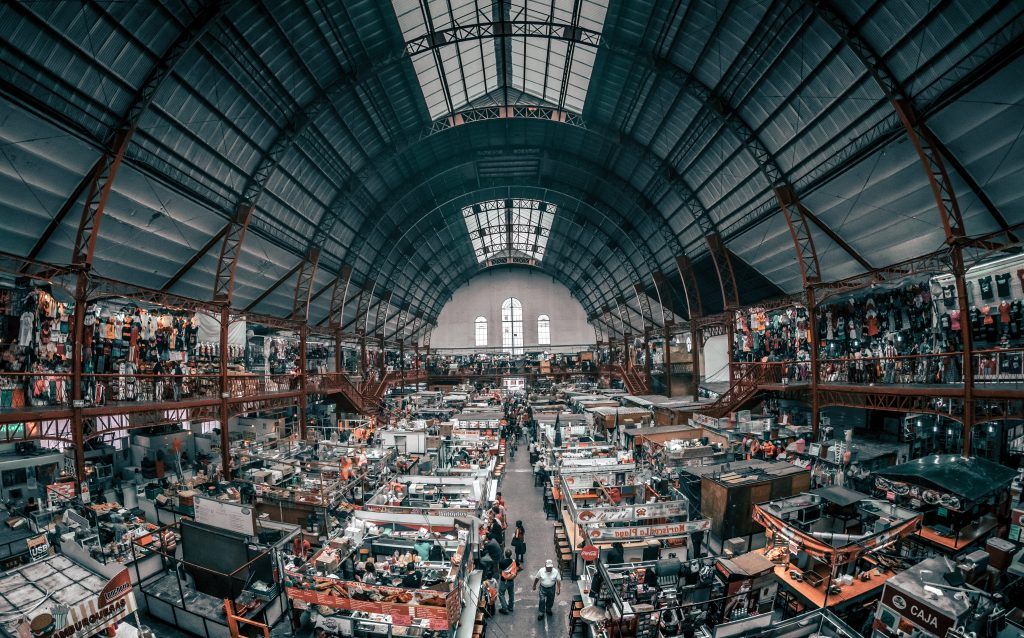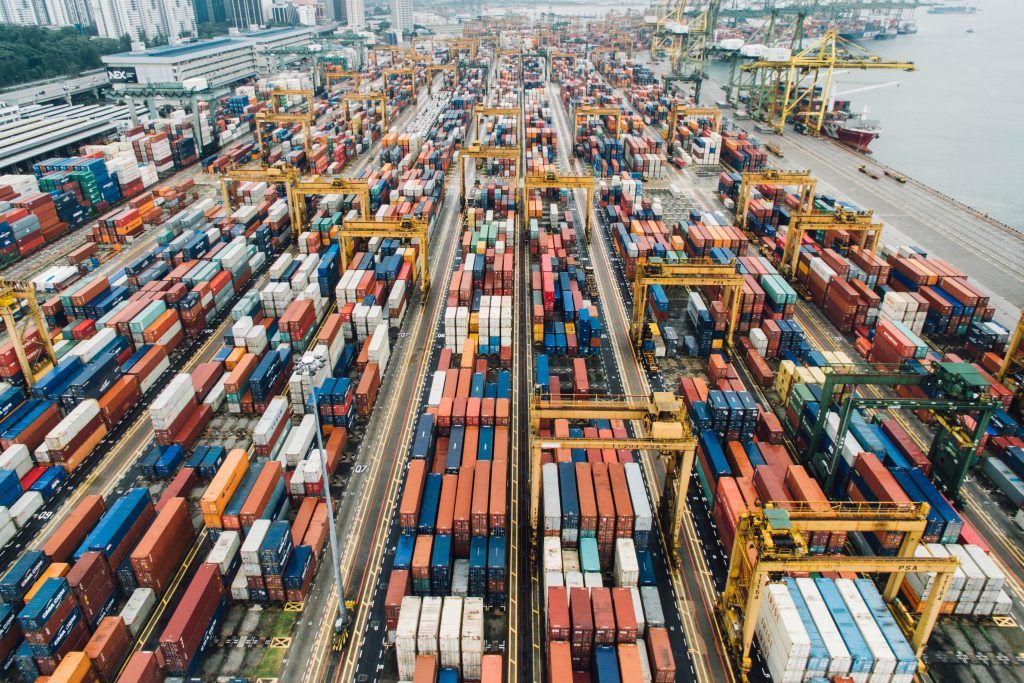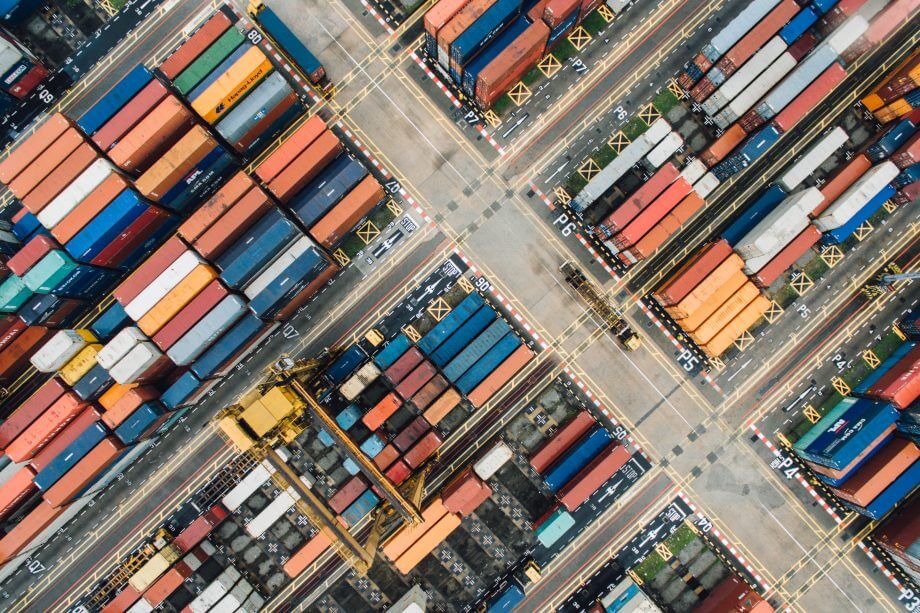- 1.
- 2.
- 3.
- 4.
- 5.
Trade wars are nothing new. From the Smoot-Hawley Tariff Act in 1930 to the latest trade dispute between Japan and South Korea in 2019, protectionism is always a looming threat to international trade.
The China-US trade war is causing undue stress to the freight industry, which is already undergoing structural upheavals. From carriers worrying about profitability to shippers dealing with uncertainty, this trade war is surfacing old and new fears.
Worse yet, the China-US trade war might become the “new normal” between the world’s largest economies, creating further barriers for unhindered international trade.
One thing is sure in this uncertain time- the freight industry needs to adapt, not only for this trade war but also for future ones.
How? Through digitalization.

A trade war is when a country places tariffs or quotas on another country’s imports. Usually, this leads to a tit for tat retaliation with further tariffs. What is important to realize about trade wars is that they reduce international trade, cooperation, and ultimately harm everyone.
With President Trump accusing China of unfair trade practices—among other accusations—the US began to levy tariffs on Chinese goods in 2018. Since then, China has retaliated and imposed tariffs on US imported goods, leading to the China-US trade war. According to China Briefing, the US has placed tariffs on US$550 billion worth of Chinese goods, while China has put tariffs on US$185 billion worth of US goods.
With no end in sight, pundits are worried that this economic war between the world’s two largest countries will only damage global trade and growth. Trade wars create situations where there is only a lose-lose scenario if nobody gives in. With so much at stake for China and the US, it is hard to know when this trade war will end.

While there have been some short-term winners, retailers, consumers, and the freight industry are being walloped by the trade war. For example:
- The average American household will be down an average of $1,000 this year
- China is losing nearly 2 million industrial jobs
- There is an increasingly negative outlook for air and ocean freight players
For the freight industry, the trade war is only confounding long-standing issues of overcapacity, a lack of innovation, low freight rates, and a lack of profitability. It is no wonder that many carriers are consolidating into alliances to lower operational costs. This has alleviated some pressure, but the purchasing of mega-ships is only causing even more over-capacity.
While lower freight rates in 2019 might look appealing to importers, these rates are only unorthodoxly low because Americans are buying less. Added to that, regulatory changes under IMO 2020 will raise freight rates. Essentially, even with lower rates for the immediate future, they are going to increase inevitably. Even if they do not, whatever costs are being saved will be offset by increasing tariffs on Chinese goods.
Other factors that will affect freight rates, according to Safety4Sea, include; further trade wars, a new global recession, changes in trade patterns, ocean and environmental sustainability, and cyberattacks and data protection.
It is important to consider the long-term ramifications of this trade war, as well as other factors in China, such as increasing wages that will end of the low-cost model. In the end, nobody is winning in the China-US trade war, and at this stage, you need to consider how to mitigate your losses and turn them into gains.

The trade war will no doubt lead to the closure of many businesses. While there are very few easy choices when it comes to surviving the China-US trade war, there are ways to alleviate and reduce the effects. Your business can:
- Expand your services and products
- Explore new markets to export to and import from
- Diversify your supply chain
- Communicate to customers about increases in pricing
While it is easy to recommend these changes, it is something else to implement them. With so much uncertainty in such a short time, most shippers and freight forwarders will not have the resources to perform most of these changes bar increasing raising prices. So what can you do?
Well, you can start to digitalize your freight process.

Digitalization is the use of digital technologies to change your business model. The process leads to cost-reductions, reaching new markets, higher conversion rates, and differentiating your business. These are all beneficial for anyone looking to navigate through the China-US trade war.
The airline industry proved that legacy industries could evolve through digitalization, and there are many lessons for players in the ocean freight industry to learn. Some adoptions of digitalization might look obvious, but in the freight and shipping industry, many of them are still considered cutting edge and include:
- Turning printed materials into web copy
- Turning printed mail materials into digital email marketing
- Turning billboard advertising into social media advertising
- Turning physical stores into online stores
- Turning phone call bookings into online bookings
- Turning loyalty club cards into mobile apps
The best part of digitalizing these processes is having access to information to make data-driven decisions. For many SME businesses, tracking the progress of campaigns is challenging. That has now all changed.
Digitalizing the Ocean Freight Industry
The China-US trade war is further ripening freight industry for innovative disruption. Everyone from shippers to carriers must digitalize their processes. From booking freight and trade services, digitalization is now the new benchmark for everyone in the industry.
Similar to how Expedia digitalized the tourism industry, the freight industry needs to provide innovations to monetize containers and create a seamless booking process in one digital space. Some of these innovations include:
- Open freight rate marketplaces
- Real-time insights and data
- Access to trade services
- Digitally connecting operations
While digitalization is the best strategy, deciding on how to digitalize is not. Developing an in-house solution is probably not feasible.
That is where BlueX comes in.
We have made ocean logistics and transportation more accessible and manageable by digitally connecting buyers and sellers through our neutral platform of shippers, freight forwarders, and carriers.
The BlueX Freight Solution for the China-US Trade War
BlueX offers a Freight Commerce Platform to digitally find the best rates, space, and trade services that can help you to alleviate the pressures of the trade war.
Connect directly to carriers: No matter where you are in the supply chain, having direct access to carriers makes sense. By connecting you to carriers, we offer tier 1 rates with up to 40% off. You will also always be given space reliability.
Make your freight bookings online: Make freight bookings in minutes, not days. You will no longer need to wait days to hear back about rate inquiries. Check out our search tool on BlueX to find your ocean freight rate quote now.
Connect you to marketplace services: Far from only being a booking platform for rates and space, we are also working on providing everything from freight financing, customs, trucking, insurance, and many more on our digital space.
While the BlueX platform can help to streamline your processes, digital strategies are only part of a broader strategy to overcome times of uncertainty. What digitalization through BlueX can offer, however, is a way to book freight, trade services seamlessly, while also giving you the capability to adopt broader strategies.
As much as we can hope that the China-US Trade war will end soon, we as an industry must be prepared to change the way we do business. Digitalization is not just another tool to help you navigate stormy seas in this difficult time safely. Instead... Like all other industries that were slow and inefficient, ocean freight players will also adopt new technologies to facilitate better international trade.
The question is, will you be an early adopter?
If you want to be at the forefront of the ever-changing freight industry, then get started on searching on BlueX now or contact us at info@bluextrade.com.
